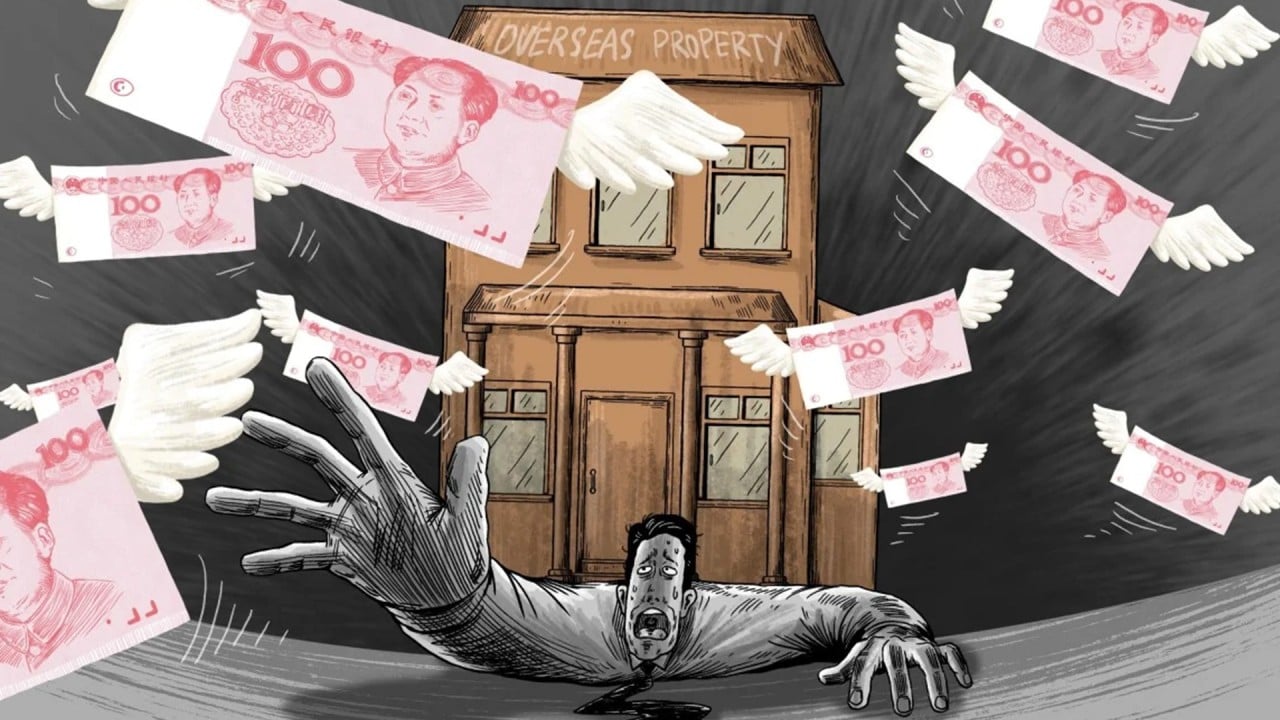
Lianjia, China’s largest real estate brokerage, opens Manner coffee shop in Shanghai outlet to brew up home transactions
- Customers can ‘enjoy coffee and pursue dream homes at the same time’ at Zhongtan Road outlet, Lianjia says
- Firm has invited other consumer brands to form tie-ups as a way of expanding their customer bases
Lianjia, mainland China’s largest real estate brokerage, has teamed up with coffee chain operator Manner to open a cafe in one of its outlets in Shanghai, launching a crossover marketing campaign to drive transactions amid lack of homebuying interest.
The property agency opened the Manner coffee shop in its Zhongtan Road outlet in northwestern Putuo district last weekend and is inviting other consumer brands to form tie-ups as a way of expanding their customer bases, Lianjia said on its official WeChat social-media account.
At its Zhongtan Road outlet, customers “are able to enjoy coffee and pursue dream homes at the same time”, Lianjia said.
The brokerage will revamp more outlets across the city of Shanghai in the coming months, with the aim of attracting more traffic by serving customers coffee, tea or food in a cosy environment, a Lianjia official said.

Lianjia is a subsidiary of New York and Hong Kong-listed KE Holdings, which is also known as Beike Zhaofang in mainland China. The nation’s biggest online real estate listings and transactions platform operates more than 8,000 stores across mainland cities.
Manner, which focuses on younger customers, offers coffee at prices 30 to 40 per cent lower than foreign competitors such as Starbucks. It runs more than 1,000 stores in China.
“In the face of falling prices, homebuyers are reluctant to increase their leverage to own a flat,” said Sam Xie, CBRE China’s head of research. “But some customers with a strong need for flats now have the chance to hunt for bargains in some prime locations in Shanghai.”
He added that it is now a buyer’s market because home seekers are in a better bargaining position and can request huge price reductions.
You Liangzhou, the owner of Baonuo, a property agency in Shanghai, said that most buyers remain cautious about buying flats and are taking a wait-and-see approach amid expectations that home prices could drop further.
International brands have been promoting a cafe culture among Chinese customers, and have been the top beneficiaries of the rising popularity of coffee among the middle class, which sees it as a status symbol.
Starbucks, which opened its first China branch in Beijing in 1999, now operates more than 7,000 stores across the mainland.
According to research conducted by financial and business media outlet Jiemian News in 2021, China’s coffee market was valued at 300 billion yuan in 2020 and could jump to 1 trillion yuan next year.



